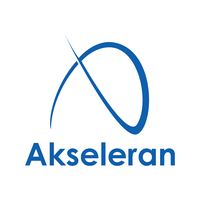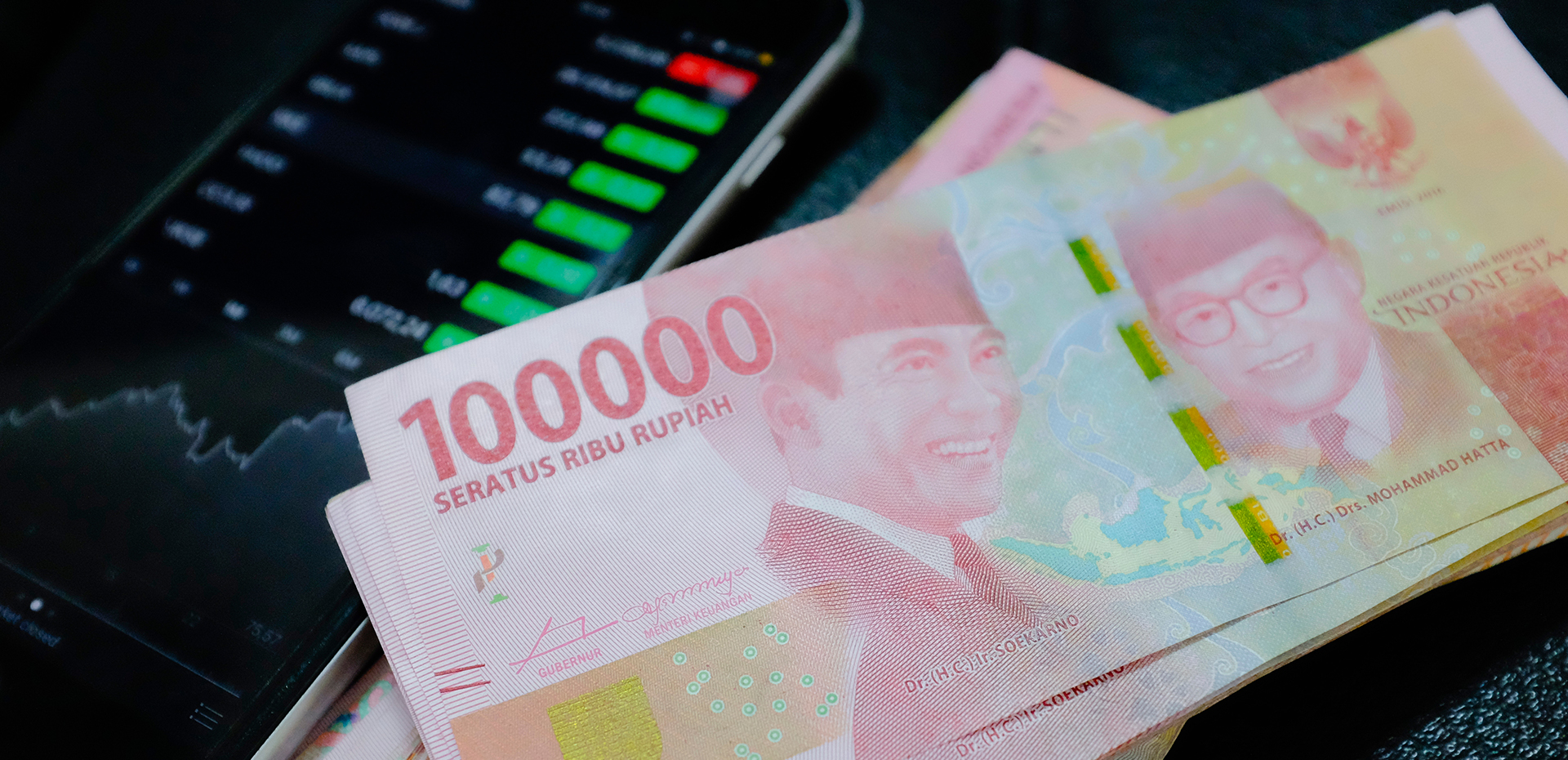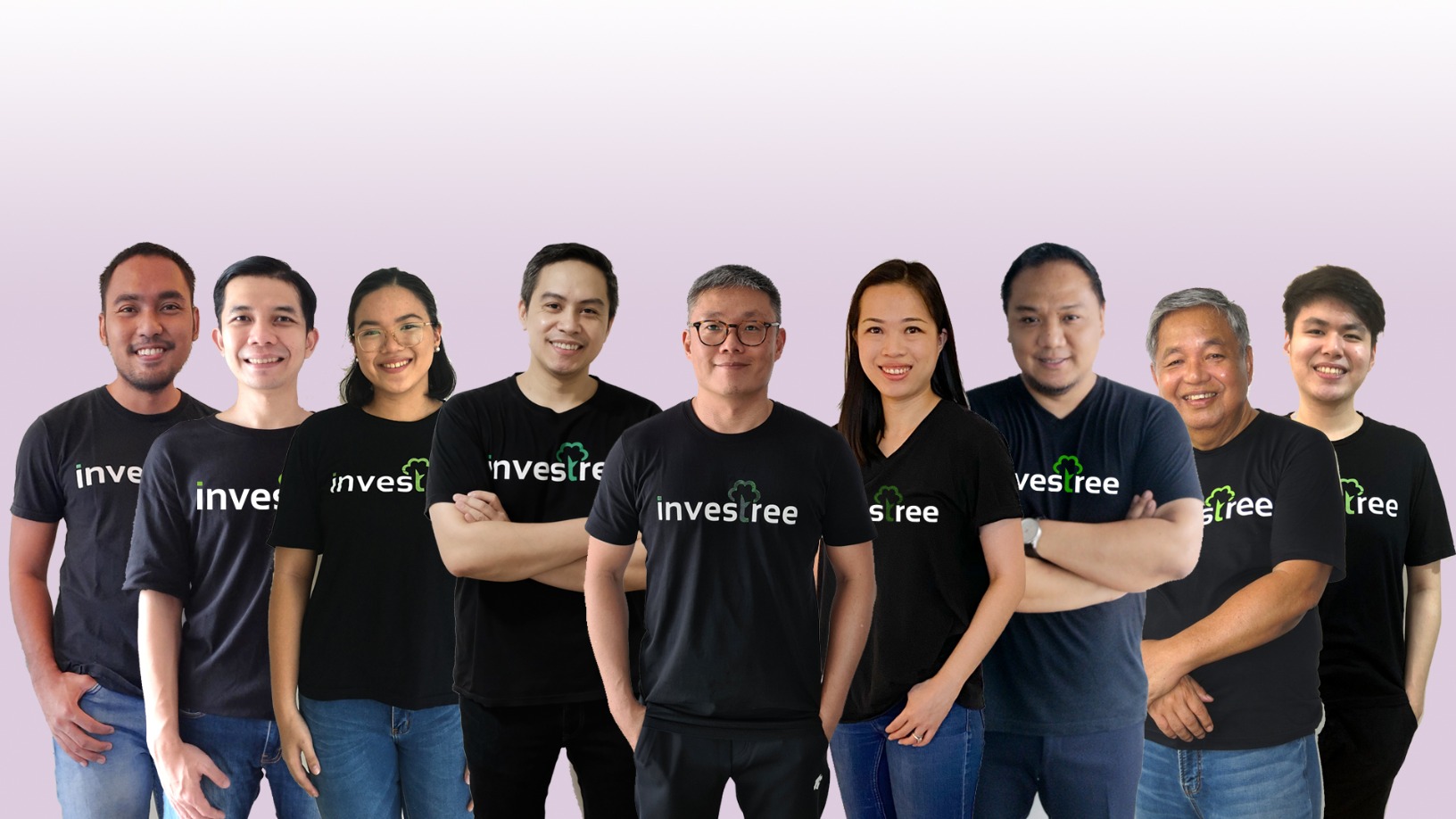As more Indonesians turn to social distancing and regional governments close their borders to fight Covid-19, SMEs in the retail, F&B and tourism sectors have found their business slumping. The P2P lending platforms that provide loans to these SMEs stand to be adversely affected as well: when borrowers cannot make their regular repayments on time, lenders risk losing part or even all of their capital in defaulted loans.
Investree, one of the local P2P lending pioneers, said it's expecting a fall in lending activity as retail lenders hold back on investing. The platform, which has disbursed IDR 552bn worth of loans so far this year, hasn't yet seen any spikes or falls in loan applications, however. Adrian Gunadi, the company's CEO and co-founder, told CompassList that the company is “currently using a strategic approach by making use of the contributions from institutional lenders, who have been working with us through loan channeling schemes.”
UangTeman CEO Aidil Zulkifli told Indonesian news site Katadata that while they had targeted to achieve profitability this year, that was based on the assumption of “normal conditions, with good economic growth and no slowdowns.” The company has delayed plans to expand to the Philippines, which it first announced in February 2019 after closing a $10m Series B funding round.
Some P2P lending platforms also lend to big companies, which include state-owned enterprises and multinationals, to manage their risks. Gunadi said most of the borrowers in Investree's portfolio currently aren't affected by the Covid-19 shutdowns because “Investree's focus is not retail or micro-businesses.”
Reassuring lenders
A number of P2P lending platforms have taken the initiative to reassure customers that their assets are secure and risks remain low. Ivan Tambunan, CEO of Akseleran, told CompassList via email that according to a recent review, their loan portfolio is minimally exposed to Covid-19 risk.
“There are no loans to [the most] affected sectors such as tourism, and there is only a small exposure to trading and manufacturing businesses with suppliers or customers in coronavirus-affected areas,” he wrote.
Another P2P lending platform KoinWorks told CompassList it was actually expecting an increase in loan applications as “SMEs will stock up for the [Eid al-Fitr] holiday period.” In Muslim-majority Indonesia, spending tends to increase during the Ramadan month of fasting and the following Eid al-Fitr holiday period.
KoinWorks added that borrowers have cooperated with its collection efforts so far. But the company will consider facilitating debt restructuring if that changes.
Any slowdown in lending would hurt SMEs' cashflow and ability to replenish stocks.The Financial Services Authority (OJK) has issued regulations that allow lenders to relax credit scoring and restructuring criteria during the economic downturn sparked by the Covid-19 pandemic. The policy is meant to soften the blow on SMEs in coronavirus-affected industries. P2P lending platforms, however, aren't in the position to provide such relief.
Akseleran and Investree, referring to a press release by the AFPI, said that only the lenders themselves have the right to approve or proceed with any restructuring of debt or allow for leniency. The platforms can only facilitate the processes.
Managing risks
Both Akseleran and Investree said that invoice-related and purchase order financing make up the majority of their loan portfolios, meaning that most of their loans are backed with collateral. While KoinWorks did not disclose the composition of its loan portfolio, the platform shows many invoice-backed loan applications.
KoinWorks also told lenders in an email to that “the majority” of its loans are protected by the KoinWorks Provision Fund, which stands at IDR 6.59bn as of February 2020. KoinWorks sets aside its 30% of its revenue to continually replenish the fund, which is used to cover part of the principal on defaulted loans. According to a report by KPMG, KoinWorks disbursed a monthly average of IDR 50-60bn in loans in 2018.
Another player, Modalku, the Indonesian arm of regional P2P lender Funding Societies, said in a press release that they would be paying extra attention to loan applications from SMEs in affected industries, such as “food & beverage, travel, cross-border trade, and service industries that rely on workers from affected countries.” In addition, they will adjust the loan limit and tenor available for new loans, and work with e-commerce companies that host many MSME merchants.
Modalku CEO and co-founder Reynold Wijaya said: “Modalku will also continue working with the Financial Services Authority (OJK) and the Indonesia Fintech Peer-to-Peer Financing Association (AFPI) to ensure that the steps we take are in accordance with OJK regulations.”
P2P lending platforms were also generally cautious about any debt relief or restructuring. Akseleran CEO Tambunan said in his email to CompassList: “Debtors whose business is temporarily affected by COVID-19 can get an extension on their loan tenor or reductions on interest rates and penalty fees.
“However, if their business is permanently affected and no longer credit-worthy, debt restructuring is not a solution.”

















